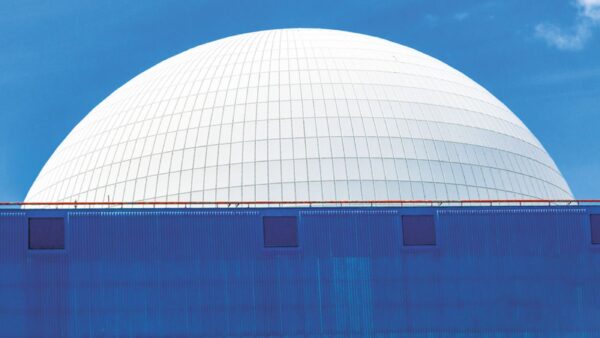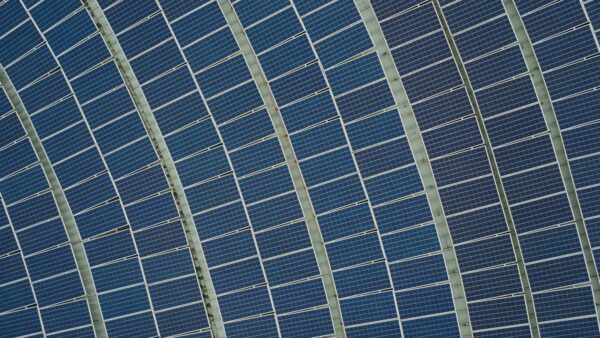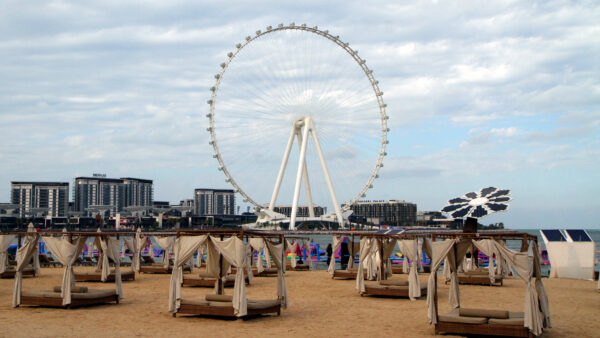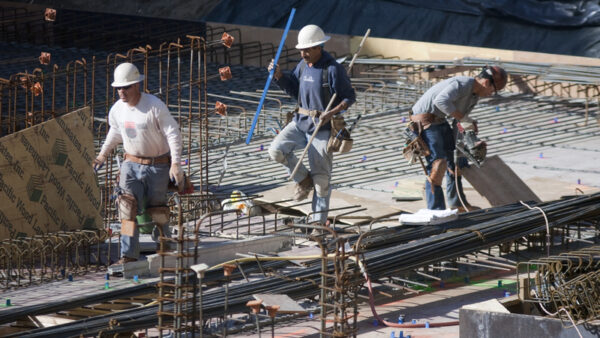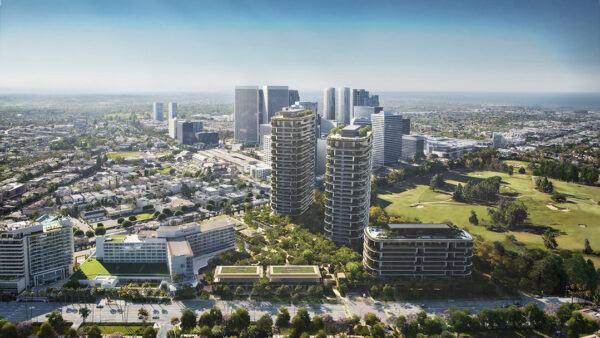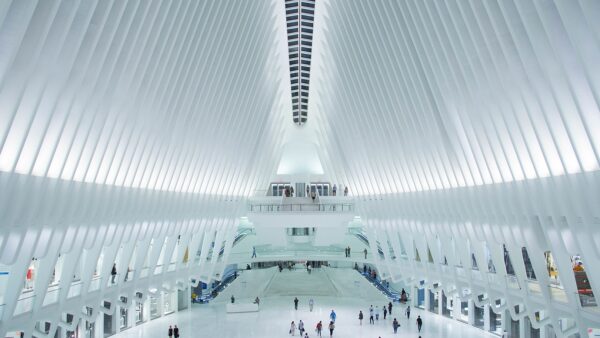Japanese Prime Minister Shinzo Abe’s trip to Beijing this week has result in agreements to carry out some 50 infrastructure projects in third countries, beginning with a smart city in Thailand that could break ground as soon as next year.
The city will be located in Chonburi Province, which is part of Thailand’s eastern development corridor. It expand an existing industrial estate built by Thai conglomerate Amata, and will involve The Yokohama Urban Solution Alliance (Yusa), a group of businesses specialising in green urban development, and Chinese construction company JSCC.
Around 70% of the 700 factories on the estate are owned by Japanese companies.
The signing follows an agreement between Amata and Yusa to develop a smart energy system for the industrial estate, signed in July.
Prime Minister Abe yesterday (25 October) began the first official visit by a Japanese leader to China for seven years. The trip, which is seen as marking a new era of cooperation between the two countries, was billed last month as the occasion to sign off on 20 to 30 projects. The two sides’ ambitions have grown since then.
The 50-plus projects, which were signed when Mr Abe visited a forum on infrastructure investment in Beijing, were among some 500 deals concluded during the visit by 1,400 businessmen from both countries. Â
There were few details about the specific infrastructure schemes involved, but one that was announced was a link-up between energy firms JXTG Nippon Oil and Sinopec to build hydrogen filling stations.
China hopes that working with Japan will diminish criticism that its Belt and Road is forcing smaller countries to take on excessive debt. The Japanese private sector, for its part, will welcome an end to the competitive pressure from Chinese state-owned enterprises, which have proved successful in winning work on funding terms they have struggled to match.
Image: The Amata industrial estate, founded in 1989, produces 10% of Thailand’s GDP (Amata) Â
Further reading:

